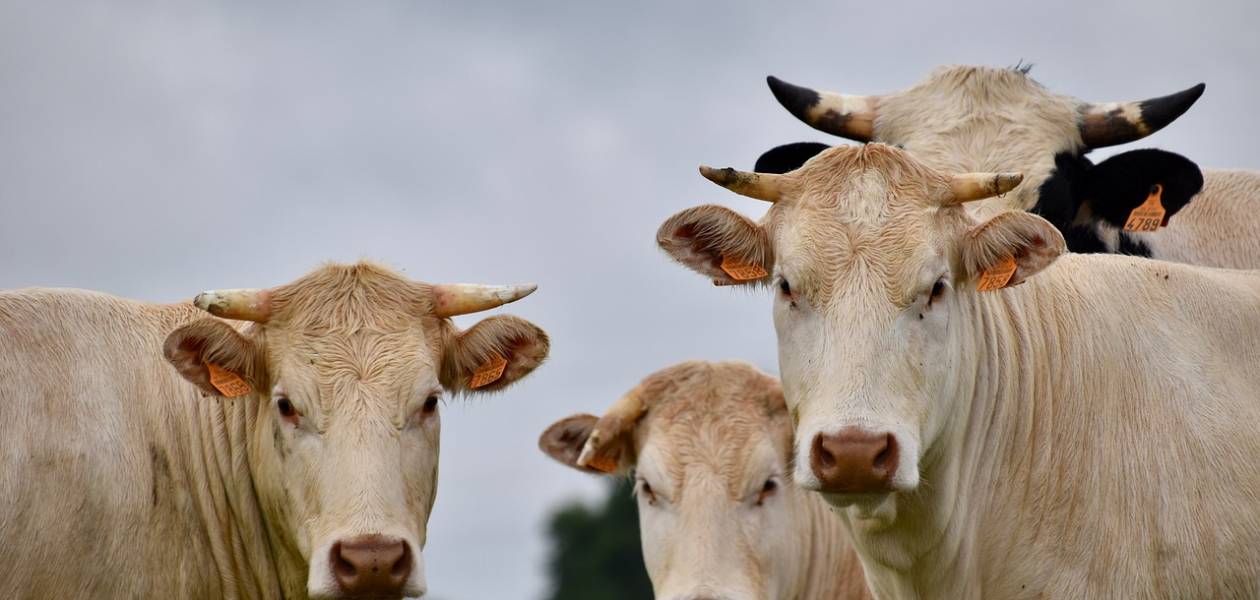
The European Parliament has voted to exclude emissions from industrial cattle farms from the Industrial Emissions Directive. The Parliament also voted for scrapping the Commission’s proposal for updated thresholds for pig and poultry farms. Thereby the proposal from the European Commission, that could reduce emissions from the largest polluters that keep animals in cramped conditions, is substantially weakened and puts the EU off track on its climate commitments.
The Industrial Emissions Directive controls emissions from the largest industrial installations in the EU, including a small number of the largest pig and poultry farms. Any installation controlled by the IED is forced to reduce emissions into air, water and soil and needs a permit to operate. With the European Commission proposal, the Directive would increase the coverage from 18% to 60% of emissions of ammonia from cattle, pigs and poultry, and extend the coverage from 3% to 43% of methane emissions.
The Parliament voted for going back to the current insufficient thresholds of 750 Livestock Units that only cover farms with 40,000 poultry, 2,000 pigs and 750 sows or more, with cattle farms entirely excluded. This stands in stark contrast to the Commission’s proposal of 150 Livestock Units which would cover all large farms, including cattle as it is the main emitter. In numbers this would mean that farms with example 500 pigs, or 150 dairy cows, or 10,700 laying hens or 21,400 broiler chickens would be included while the Directive would not affect small and medium sized farms.
In addition, the result of the Parliament’s vote shows a declining ambition even below the current Industrial Emissions Directive by further reducing the obligations for the industrial poultry and pigs farms with 750 Livestock Units and that will be covered by the Directive.
Animal farming is responsible for 67% of EU ammonia emissions and more than 50% of EU methane emissions. Cattle farming is by far the biggest source of methane emissions from agriculture. Failure to reduce these emissions puts the EU on track to break its commitment under the Global Methane Pledge (pledging to reduce methane emissions by 30% by 2030) as well as failing on its Zero Pollution Action Plan. In order to reduce emissions it will be necessary to address more of the large livestock farms. In addition to the negative impact the intensification of animal farming has had on animals, a strong Industrial Emissions Directive would bring significant health and environmental benefits for citizens.
Overall, the Parliament’s vote points to an even lower climate ambition than the agreed position by the Council. Earlier in spring, the Environmental Ministers agreed to include cattle in the scope but increase the thresholds as compared to the Commission’s proposal. The revision of the Industrial Emissions Directive will now go to interinstitutional negotiations (trilogues) between the Council, Parliament and the Commission. The results of the negotiations can potentially mean that the IED will continue to exempt the majority of the largest polluters.
The debate around the Industrial Emissions Directive has pinpointed how EU animal farms have intensified during the last years, with detrimental impact on animal welfare and with the EU potentially failing to address their emissions if this is not rectified in trilogues.
Sources :
- Eurogroup for Animals.
Posted on 2023-07-13 16:37








Comments